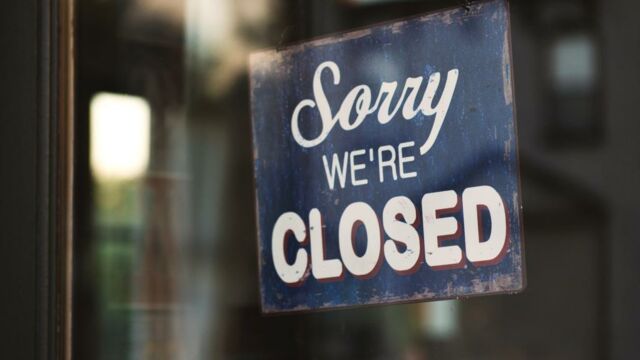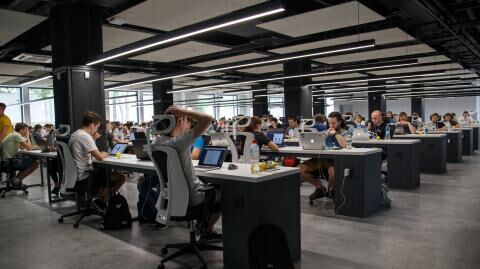Ireland is currently conducting a six-month trial to see if a four-day work week has its benefits. The aim would be to shorten the work-hours and reduce work efforts, not to cramp up five days of work into four. Ireland is braving a new approach in favour of its workers' health and is encouraging other European countries to follow in its tracks.
Discover our latest podcast
The benefits of a three-day week-end
Prodoscore, a productivity intelligence software, has stated that people are most efficient in work on Tuesdays, Wednesdays and Thursdays. Following this, the Four Day Week campaign aims at providing a better work/life balance.
Indeed, a four-day work week means a longer week-end, where one can take up new activities or enjoy more social gatherings, leading to personal growth. Chief Executive Paul McNulty says that his staff has arrived 'happier, more refreshed and more engaged in their work.'
Furthermore, the four-day work week is said to improve the sustainability credentials of a business. It could also be a solution to gender gaps. On a wider scope, this trail demonstrates the need for industries to dismantle the way we approach work.
Tomorrow at 10am, we will launch a four-day week pilot in Ireland that will herald a major milestone on the journey to transforming work practices for the better, for good.
— Joe O'Connor (@Jocser99) June 21, 2021
We invented the weekend a century ago. It's time for an update.#4DayWeek#Better4Everyonepic.twitter.com/l0hnIPmcsI
Has lockdown challenged the way we see work?
Over the past two years, businesses have had to send their employees home to perform remote work. Recent studies have shown that productivity can actually be enhanced, namely because people are commuting less and are growing more accustomed to new technologies.
Thus, industries where remote work is possible can rapidly get used to working from home. Facebook has already rooted in favour of remote work—employees will be able to work from anywhere, paid at local wage.
Although new studies are diving more in depth into the matters of productivity of workers from home, many are still reluctant to do it. For example, Goldman Sachs Group Inc. Chief Executive Officer David Solomon points out that recruits need to bathe in the financial environments, offices, or Wall Street to get acquainted with the job.
Give various studies a few months to explore the statistics and perhaps we will see the growing benefits of time off.















